How should you live your life? Faculty, alumni, students, classic texts: all have suggestions for you.
Starting five years ago, each issue of the University of Chicago Magazine has concluded with “The UChicagoan”—an interview with a well-known faculty member or alum.
The interviewees answer a standard set of questions, including two about advice: “What advice would you give to a brand-new Maroon?” and “Tell us the best piece of advice you’ve received—or the worst.”
Here are some memorable answers the UChicagoans have offered over the years, selected by a new(ish) Maroon: the Core’s Metcalf intern, Isabella Romeu, Class of 2026.—Carrie Golus, AB’91, AM’93
Read the UChicagoan interviews in their entirety.
What advice would you give to a brand-new Maroon?
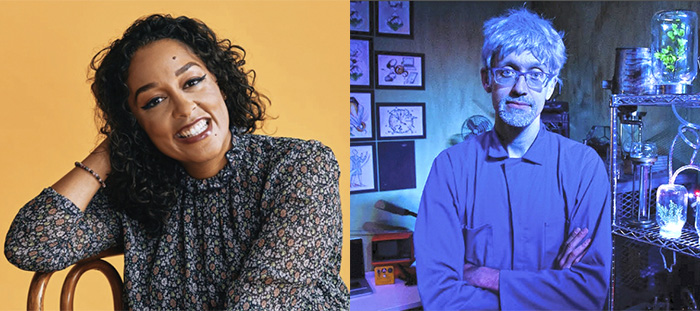
Chicago has 77 neighborhoods. Pick one, look up a restaurant or bookstore to check out, and go there without using a ride-share.—Eve L. Ewing, AB’08, Summer/19: Author and Race, Diaspora, and Indigeneity associate professor
Fail in the most interesting and wildest ways possible. Invent new ways to fail that no one has known before.—Patrick Jagoda, Summer/23: English professor, digital media theorist, and game designer
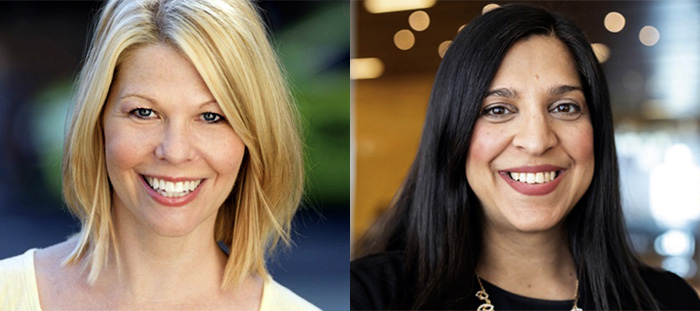
Allow yourself to have some fun. I like to say that my roommate, Savannah “Annah” Gregory, AB’95, and I single-handedly raised the U of C from 300 on the Top 300 Party Schools to 298.—Matilda Szydagis, AB’95, Winter/20: Writer, director, and Marvelous Mrs. Maisel actress
Lead from where you stand. You are all leaders. It is about finding your voice and your platform.—Vineet Arora, AM’03, Spring/21: Dean for medical education
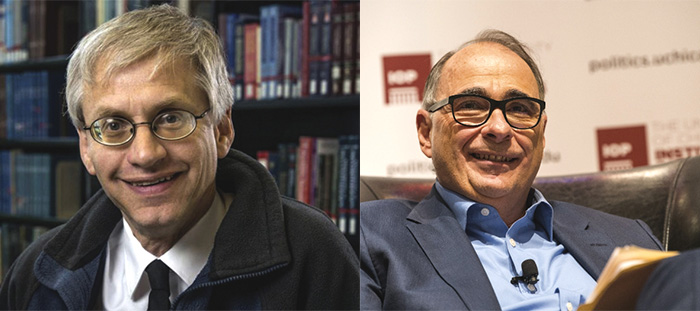
If you are the smartest person in the room, you’re in the wrong room.—Harold Pollack, Spring/20: Crown Family School professor and health policy expert
Use these four years to explore subjects and ideas that are outside your range or comfort and interest. You never know what treasures you will find.—David Axelrod, AB’76, Fall/20: Political strategist and former Institute of Politics director
Tell us the best piece of advice you’ve received—or the worst.
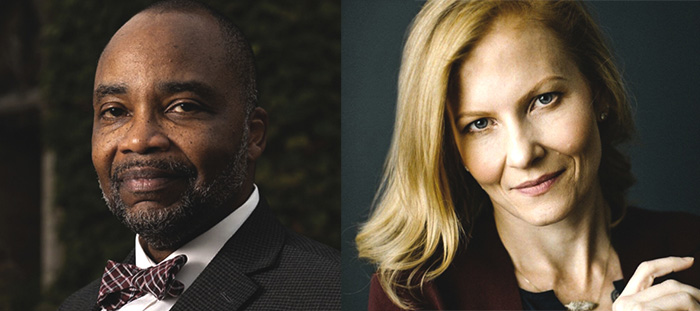
Worst piece of advice? “Don’t go to school there; they never let Black people graduate.”—D. Maurice Charles, MDiv’90, PhD’13, Summer/22: Rockefeller Memorial Chapel dean
“Never make a job decision based on how much you’ll make—money won’t make up for a bad work environment, but a great work experience will make up for not making as much money.”—Ana Marie Cox, AB’94, Fall/19: Political commentator, podcaster, and 2014 Institute of Politics fellow
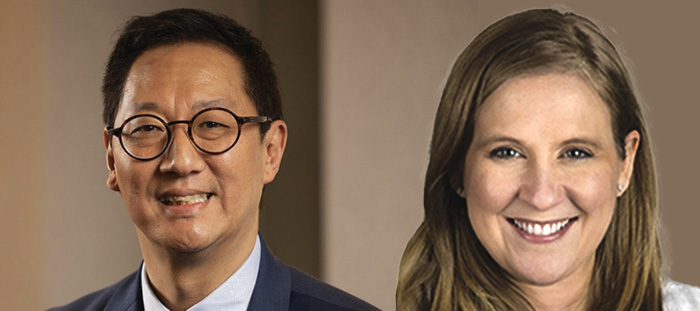
“Don’t give a damn if people think you are crazy. Everyone working at the cutting edge is considered to be crazy by those doing incremental research.”—Santa Ono, AB’84, Spring/23: Immunologist and 15th president of the University of Michigan
The worst advice is the conglomeration of advice people give to women: “be nicer,” or “smile more,” or “be more friendly,” or “wear lipstick.”—Emily Landon, Spring/22: Infectious disease specialist and public health advocate
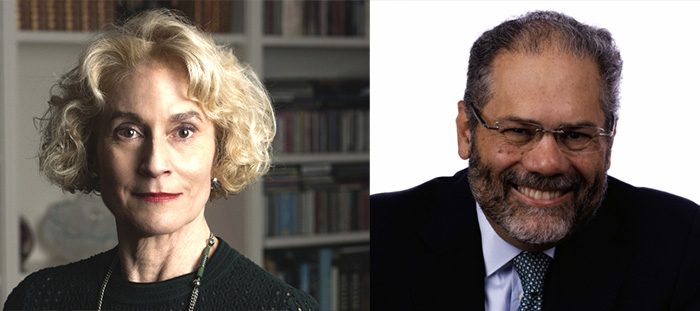
Best: “Don’t become a professional actress; use your intellectual gifts instead.” But I had to find out for myself.—Martha C. Nussbaum, Fall/23: Legal scholar, philosopher, and public intellectual
My mother was allergic to self-promotion, “tooting your own horn.” She told me, “You don’t have to tell your bosses about the good work you do. They know.” I was spending my work life in an enormous brass section, and my horn sat in my lap for too long.—Ray Suarez, AM’93, Spring/19: Broadcast journalist and College parent
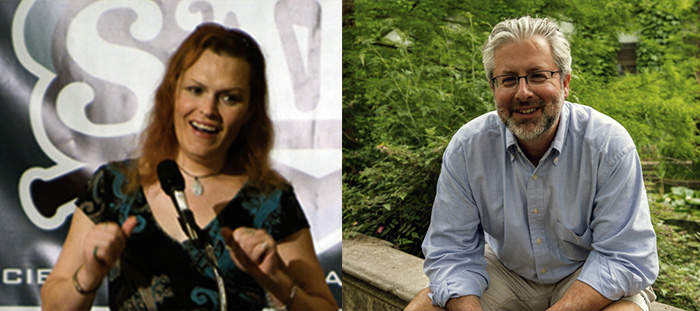
“But wouldn’t you rather go to Yale?”—Christina Kahrl, AB’90, Summer/21: San Francisco Chronicle sports editor, Baseball Hall of Fame voter, and transgender activist
The worst piece of advice I ever received came from an eminence who told me to give up paleontology because I’ll never do anything meaningful.—Neil Shubin, Fall/22: Paleontologist, evolutionary biologist, and host of PBS’s Your Inner Fish
Words of advice from young people
College students receive a lot of advice from older people—faculty, advisers, employers, parents. Do they have advice to offer in return? Of course. Last names have been redacted to protect the forthright.—Carrie Golus, AB’91, AM’93; compiled by Isabella Romeu, Class of 2026
Donate more.—Victor, Class of 2026
You will always find something in common with someone 20 years older than you and 20 years younger than you.—Sarah, Class of 2027
Age does not imply wisdom. There is always something to be learned.—Breanna, Class of 2027
Our generation isn’t lazy; we just aren’t living in your day.—Samuel, Class of 2025
It’s okay to stand your ground on certain things, just be open to listen to the countering perspectives.—Eugenia, Class of 2026
Don’t drive. Do take public transit.—Dariel, Class of 2026
Revisit Botany Pond when you can. It’s our very own fountain of youth.—Raymond, Class of 2024
Timeless advice from the Common Core
College alumni frequently credit the Core Curriculum with teaching them not what to think, but how to think. So what (or how) do you think of this advice taken from Core readings?
Come, friend, you too must die. Why moan about it so?—Homer, The Iliad
There is a time for many words and there is a time also for sleep.—Homer, The Odyssey
One pint of wine a day is sufficient for each. … If, however, the situation of the place, the work, or the heat of summer require more, let it be in the power of the Superior to grant it.—The Rule of St. Benedict
It is much safer to be feared than loved.—Niccolò Machiavelli, The Prince
Don’t imitate me in every respect; you need more reserve.—Napoleon, “On Governing Italy,” Readings in Western Civilization: The Old Regime and the French Revolution
Cultivate poverty like a garden herb, like sage. Do not trouble yourself much to get new things, whether clothes or friends.—Henry David Thoreau, Walden
Learn not to absorb the world.—Claudia Rankine, Citizen: An American Lyric
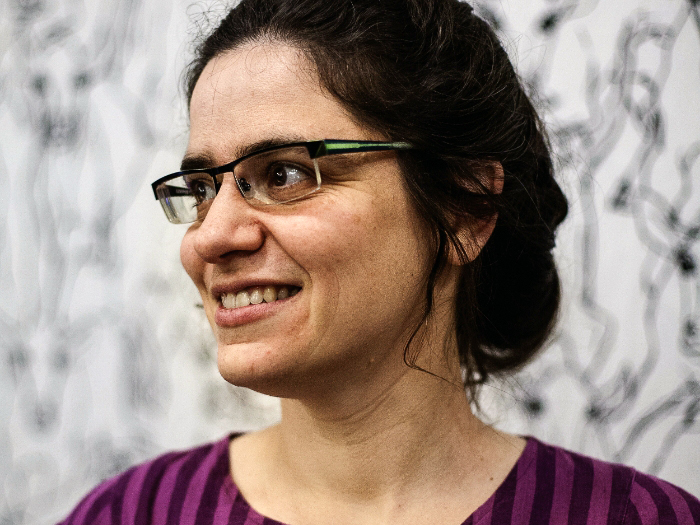
Why advice is a myth
By Agnes Callard, AB’97, associate professor of philosophy
The myth of advice is the possibility that we can transform one another with the most glancing contact, and so it is not surprising that one finds so much advice exchanged on social media. When people are not fighting on Twitter, they are cheerfully and helpfully telling one another how to live. In that context, advice functions as a kind of small talk or social glue: it helps people feel they are getting along in a space not bound together by any kind of shared weather.
There is probably nothing wrong with this, as long as we do not let it bleed into those contexts in which real assistance is possible. I do not have tips or tricks for becoming a philosopher to hand over to my students; my wisdom is contained in the slog of philosophical argument—the daily grind of reading old books, picking out the premises, tearing them apart. I can make you better at that, by showing you how to do more of this and less of that. I can’t help you become a philosopher without being your philosophy teacher, any more than I can massage you without touching you. Someone who wiggles her fingers and pretends she has magical powers isn’t actually getting you anywhere. Real assistance requires contact.
Excerpted from “Against Advice,” by Agnes Callard, AB’97, originally published in The Point online.
